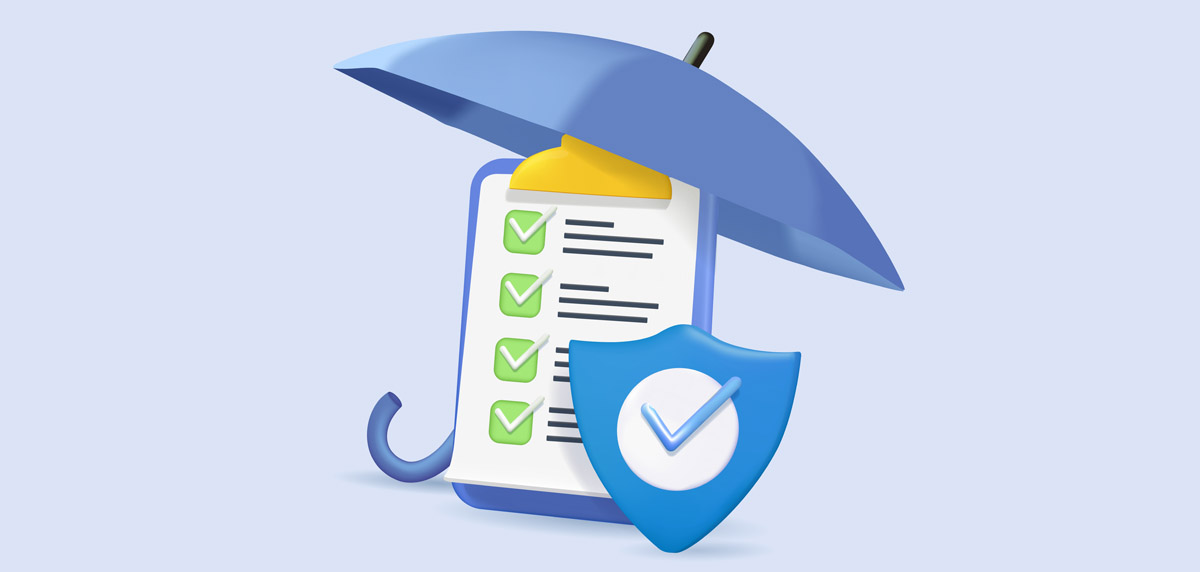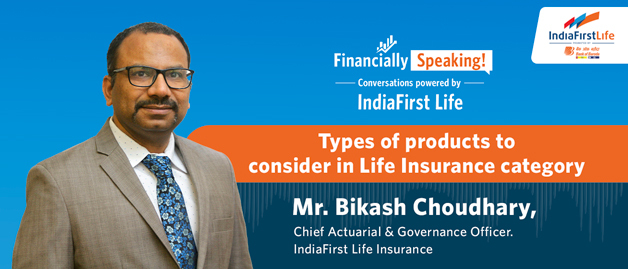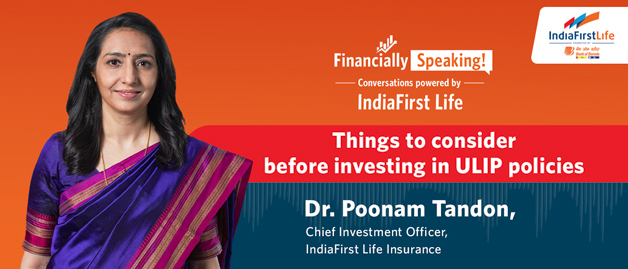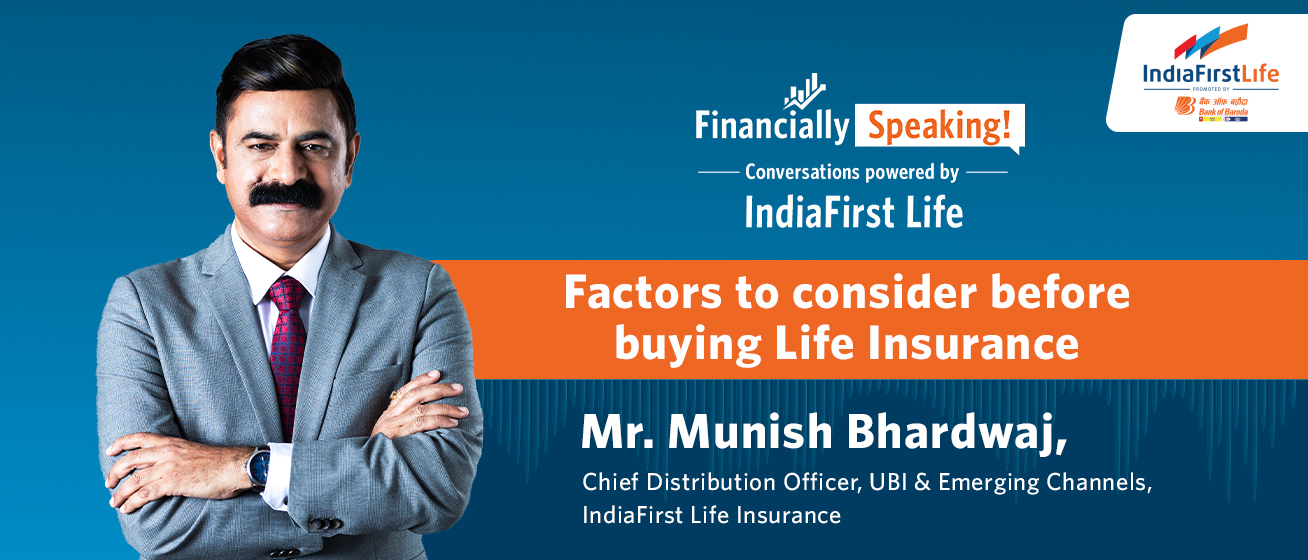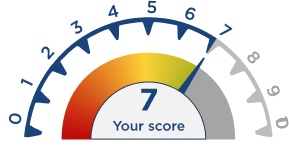An investment plan should ideally include several options to ensure portfolio diversification. While putting all your funds into one investment option is not harmful, it may lead to more risks. If a particular instrument does not fare well, all your funds may be at risk.
By diversifying your investments, i.e., parking money into different instruments, you can reduce this risk as a single product’s low performance does not affect the whole investment amount. You can use an investment calculator to help you decide the best split to achieve your goals, keeping your risk appetite in mind.
This leads to the question: What are the options for the best one-year investment plan? We list some options you can consider.
Debt Funds
Debt mutual funds are investments where your money is parked in fixed-income instruments like bonds, debentures, treasury bills, etc. These are ideal for conservative investors as they come with a lower risk compared to equity options. With equity, it is better to opt for a longer term as the increased tenure balances the frequent market fluctuations. As debt funds are not subject to market fluctuations, they can be an ideal part of an investment plan for 1 year.
Fixed and Recurring Deposits
A fixed deposit (FD) or a recurring deposit (RD) can be a great option if you want to invest funds in a safe, fixed-income, predictable-return option for a year. In an FD, a lump sum amount is parked for a set period, which makes it ideal for one-time investment plans. You earn interest on your deposit at a predetermined rate. You can use an FD calculator to help you determine the amount to invest for your 1-year investment plan.
On the other hand, an RD requires you to invest a specific amount at regular intervals for a set duration. An RD calculator will help you decide whether an RD will be better suited to achieving your financial goals over an FD. In both cases, the interest you earn depends on the tenure you choose, which will be 1 year in this case. You can also invest in a term deposit for up to 10 years, making it suitable for long-term investments as well.
Arbitrage Mutual Funds
Arbitrage mutual funds take advantage of the difference in price of shares across different market segments. It involves buying shares in one market segment where the price is low and selling the shares right away at a higher price in a different market segment. These are open-ended funds, meaning you can buy and sell the units of the funds at a time of your choice, which makes it suitable for a one-year investment plan.
Gold ETFs
Gold ETFs (Exchange-Traded Funds) are investment instruments that allow investment in gold in a digital form, without holding the physical asset. Each unit of a gold ETF typically represents 1 gram of physical gold. These ETFs are listed and traded on major stock exchanges in India, just like shares of a company. You can buy and sell them during market hours to make your investment plan for 1 year profitable.
Here is a comparison table that looks at the various aspects of the above options to help you make an informed choice:











